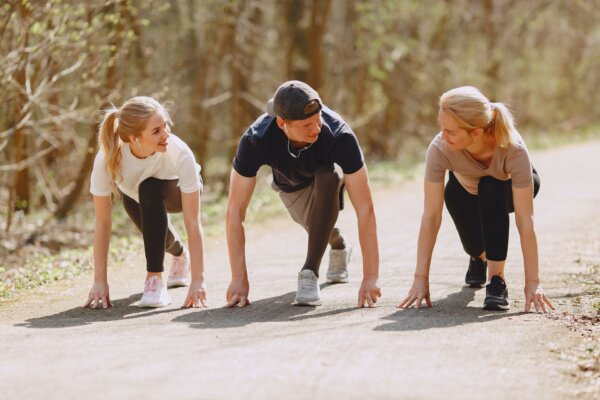6th November 2023
Listen
Listen

The University of Liverpool Fundraising Team for Refugee Women Connect are challenging themselves to cover a whopping 100km throughout April. The team raised £128 for the women-only charity in their last fundraiser. After such success, the message of #GetActiveTakeAction is now being spread.
#GetActiveTakeAction is a fundraising scheme encouraging getting active, taking action, and raising vital funds for Refugee Women Connect. The fundraising group at the University of Liverpool invite you to join them in covering 100km throughout the month of April. They insist that they “won’t judge” your chosen method of completing the challenge. Options include walking, running, dancing or even hopping!
To track progress, Strava, an app for monitoring exercise, will be used. To get involved, participants can either log in and join ‘RWC Liverpool’, or find the club here. Confused? Fear not – the team have more information on their Instagram page as to how to use the app.
The good news? You don’t have to be a Uni of Liverpool student to take part. Anyone can get involved. The team insist that “anyone and everyone who is up for the challenge is welcome, the more the merrier!”
Finally, get people to sponsor you. All donations will be put towards supporting Refugee Women Connect. The team’s target of £300 has nearly been reached, but any extra funds will hugely benefit the charity. Donations can be made here.
Refugee Women Connect offers much-needed support to women asylum seekers and refugees. The asylum-seeking process is extremely challenging, and, after escaping conflict and/or abuse, women refugees are often left vulnerable and isolated. RWC therefore tackles the inequality and lack of social justice that these women suffer.
100% of donations will go towards the vital services that RWC provide for those in need. These include:
Featured Image Credit: Photo by Gustavo Fring from Pexels